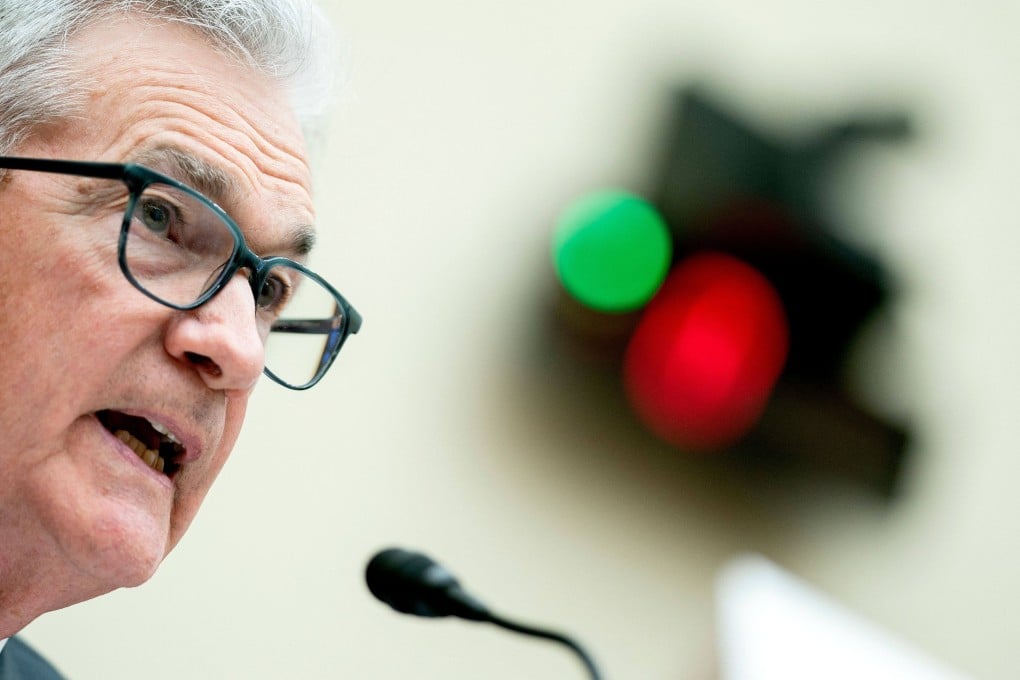Macroscope | Will the US economy have a soft or hard landing? It’s still too soon to say
- There is much contradictory evidence on whether the US will go into recession, and if so, when
- For a recession to materialise, there would have to be worse corporate news and a higher unemployment rate

Currently, economic data does not overwhelmingly point to recession. There is not a lot of bottom-up evidence. Markets can’t seem to make up their minds what to expect, even if some indicators suggest recession is nailed on. While fixed income remains the main attraction for many, equities keep going up – but of course, prices are vulnerable to any change in the narrative and the economic data flow. Investors should enjoy the summer if they can.
Inflation coming down represents an increase in implied real interest rates. Put another way, market expectations for rate cuts have eased; rates are now expected to stay at, or slightly above, the current levels for an extended period. This makes sense, given that inflation is still well above the Fed’s target. Until the momentum of core inflation eases, the central bank is going to keep sending the message that monetary policy will need to remain tight for some time.
The debate on whether it will be a soft or hard landing for the US economy continues. Equity and credit markets are betting on the former. Looking at the macroeconomic, interest rate and credit outlook, one thing is clear: company fundamentals are solid.
